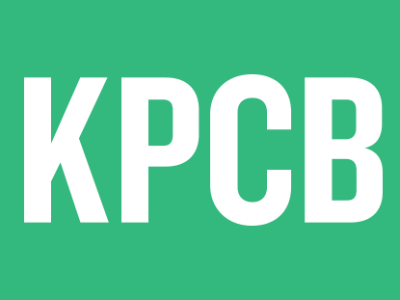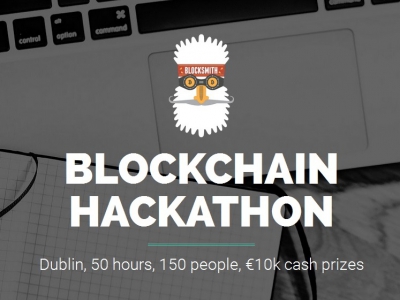The distributed ledger technology can bring about three main changes to ameliorate the real estate market: quicker deals, lower costs and minimised risk of fraud.
By its nature, the real estate market carries a number of risks for the customer, given lots of actors involved and time needed to finalise deals. At the same time, it is difficult to overestimate the importance of the market since buying real estate can be the major decision in life practically for everyone.
Taking into consideration key blockchain features (transparency and accountability), the technology has a potential to enhance the market’s security both for buyers and sellers. It seems that the use of distributed ledger can change the real estate market in three principal ways.
Transparency & fastening the process
Blockchain can save time on financial verification part of the deals in two main aspects. Firstly, the process of assessing a person’s suitability for a loan or a mortgage can be quickened. By creating a digital ID, a buyer can openly demonstrate and authenticate his credit history thus proving his reliability without repetitive visits to banks and lawyers. Secondly, the process of documents’ completion is known to be time-consuming and complicated. Of course, blockchain cannot speed up the process of settling the issues with government bodies, but it removes the necessity to address to any other third party for certifying any documents.
Transparency & cost reduction
Providing transparency, the distributed database eliminates the need to turn to third-party mediators (such as escrow and title companies) in order to secure the deal process and mitigate risks. This third-party verification entails additional costs – up to 2% of the total property value. Blockchain’s introduction removes these costs.
Transparency & avoidance of the risk of fraud
The risk of getting swindled by means of forged documents is always relevant. With the expansion of Internet technologies, the falsification of notary stamps and grant deeds that allows production of false property documents has become easier. The distributed ledger technology enables users to create digital ownership certificates stored in decentralised database, and thus all stakeholders can verify the authenticity of presented documents by themselves.
Anna Lavinskaya

















